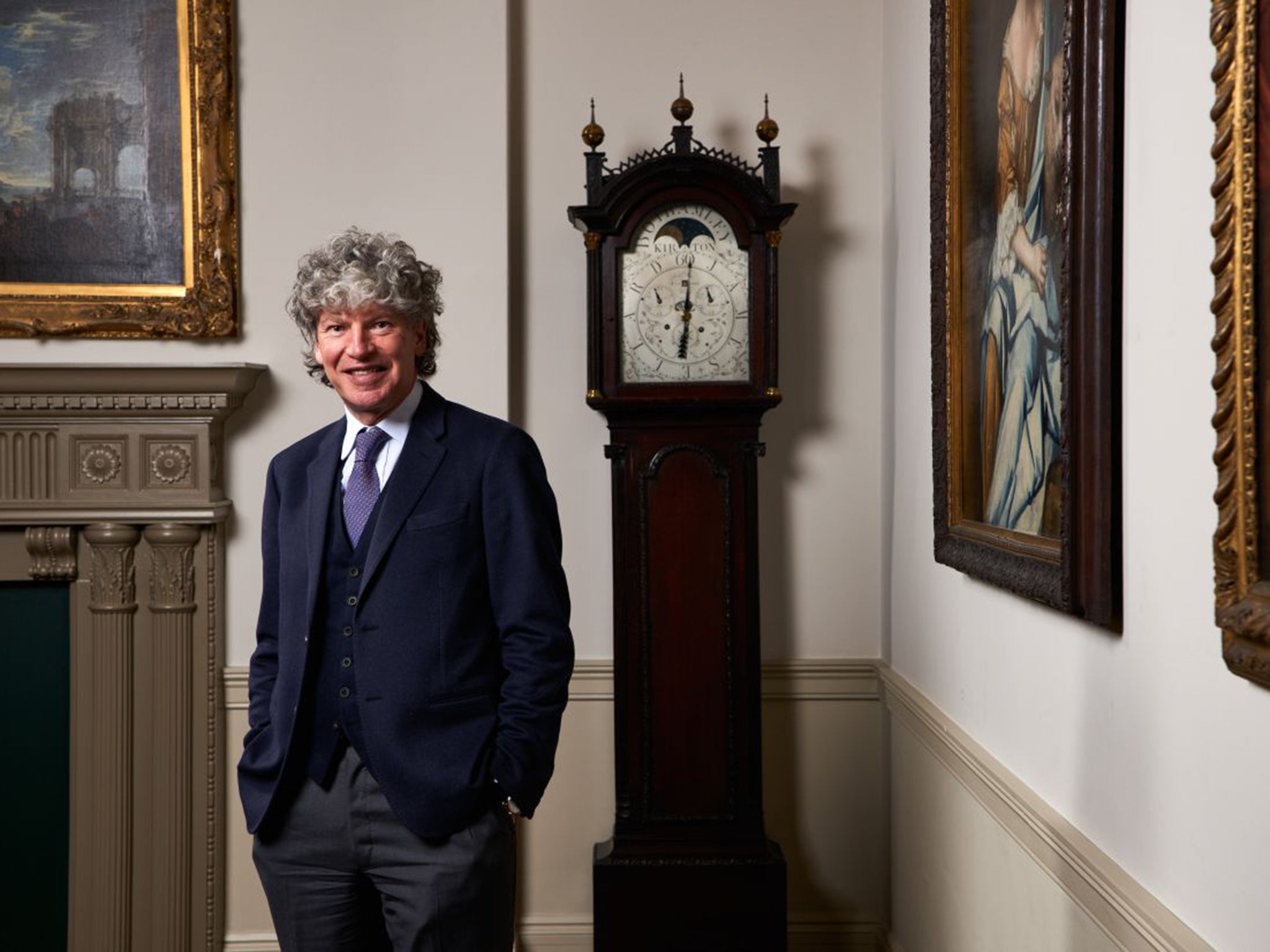Tim Parker, one of the richest men in the UK, launches scathing attack on high pay and inherited wealth
Parker's wealth is put at £185 million by the Sunday Times Rich List

Tim Parker, the wealthy tycoon recently appointed to chair the Post Office and National Trust, today launched a scathing attack on high boardroom pay and called for income tax to be increased on the wealthy to 50 per cent.
Parker made the comments just days after the Chancellor of the Exchequer controversially cut taxes for the relatively well off, triggering the resignation of Iain Duncan Smith.
He told Management Today: "A free market system needs citizens to believe that the method of redistributing income is is fair and effective.
"If you earn a lot, you should pay a lot in tax... There's a current perception that a small raft of executives are doing very well indeed and that causes disquiet. Paying roughly half seems entirely fair to me."
The current additional rate of tax for earnings over £150,000 is 45 per cent.
Parker's wealth is put at £185 million by the Sunday Times Rich List.
The businessman who earned the nickname Prince of Darkness during his time cutting jobs at Kwik-Fit and the AA for their private equity owners went on to criticise directors' pay at big, quoted companies.
"If it's your company, that you've created, then that's a different story. But listed companies are different. You're there not because you created it but you are employed by it. Therefore you need to be aware of your reward relative to others who work inside that organisation," he said.
He also condemned the idea of inherited wealth, saying it disrupts the market system the general population is asked to believe in, particularly in London and the South East, where high property prices enrich homeowners and those who inherit from them to such a huge extent.
"If the starting points are so very unfair then that's not good," he said. "Bluntly speaking, is wealth yours when you die? Should assets stay with estates? It really surprises me how little discussion we have about this."
Join our commenting forum
Join thought-provoking conversations, follow other Independent readers and see their replies
Comments